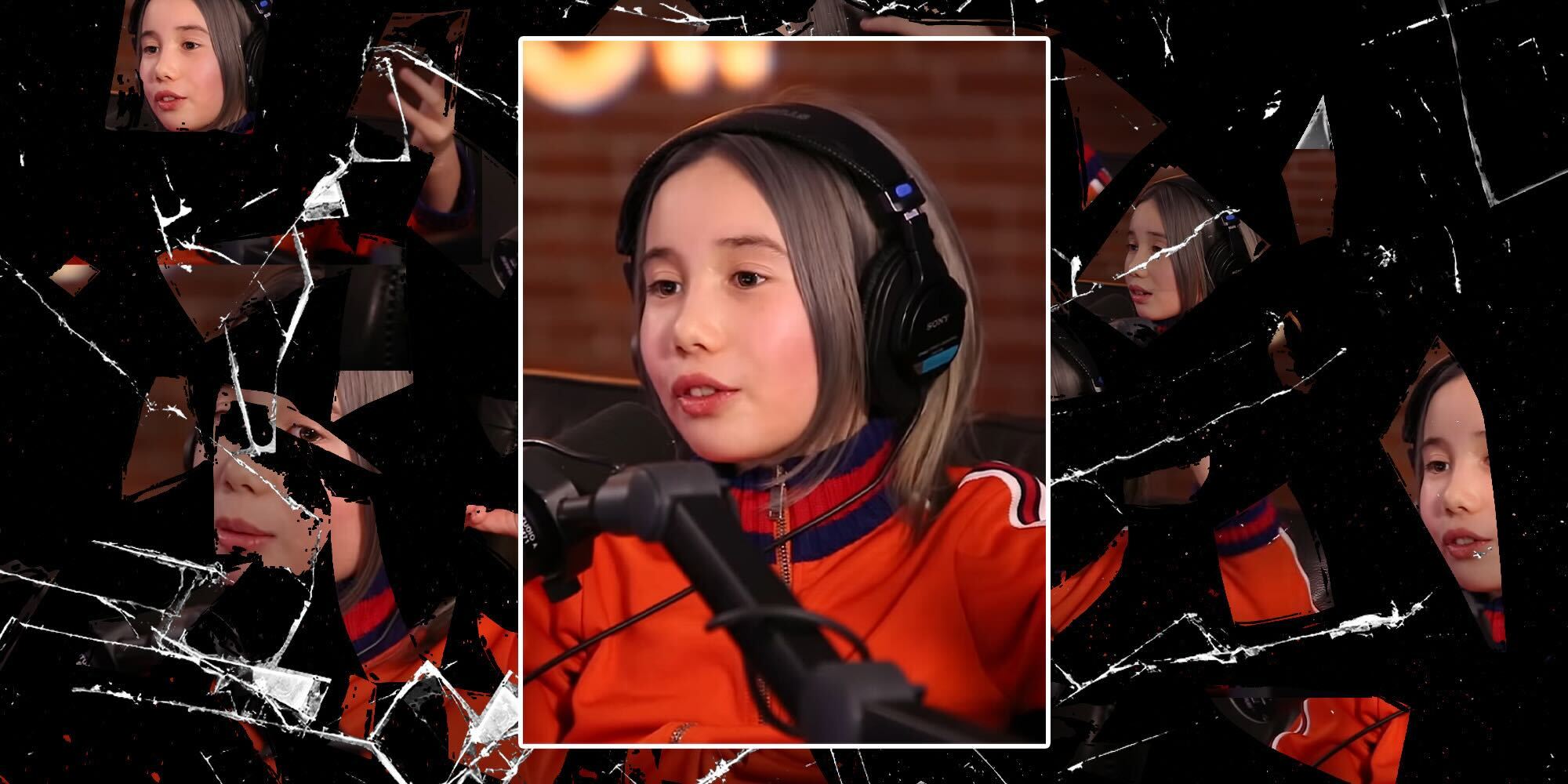
On Wednesday, the internet was convinced that viral musical sensation Lil Tay had passed. An Instagram post on the 14-year-old’s page claimed the trash-talking internet celebrity, alongside her brother Jason Tian, had a “sudden and tragic passing” that was “still under investigation.” Dozens of news organizations from all around the world and large social media accounts took this post of the former social media show boater at face value, reporting on her death and further spreading the claim.
There was just one problem: She wasn’t actually dead. The former influencer, whose name is Tay Tian, told TMZ on Thursday that she and her brother “are safe and alive” and that the official Instagram account was compromised by a 3rd party and used to spread jarring misinformation and rumors.” The post has since been deleted and many of the outlets that first reported on the story rushed to issue corrections with big “whoops, our bad” energy.
So how did the media get caught up in reporting a false story?
For starters, nobody was able to confirm, though they tried, with either the LAPD or the Vancouver police (both known locations where Tay has lived) that any death had occurred. In addition, Lil Tay’s father Christopher Hope did not comment when reached by Insider and her “former manager” Harry Tsang (who also happens to be in charge of Lil Tay’s cryptocurrency token) told Us Weekly on Thursday “I think she’s still alive, and I think it was fake.”
Tay blew up in popularity in 2018 by swearing, flexing with money, and appearing in videos alongside influencers like Lil Pump, Danielle Bregoli, and Jake Paul. Within months of her viral domination, she disappeared from the web after a video leaked of her brother coaching Tay on what to say.
The Lil Tay account has always been used to muddy the waters and raise money. After going dormant for months, in October 2018, the account started to post again claiming that Christopher was an “abusive absentee father,” with his personal number shared to the page. Christopher sent a cease and desist to Instagram claiming that Jason had assumed control over the account to “conduct criminal extortion and harassment” (the posts have since been deleted).
In 2021, the account sprung to life again with links to a GoFundMe started by Jason that claimed that Christopher had “physically and mentally abused” Tay and was looking to raise money for a lawyer. The post asked for $150,000 and has only raised $17,000 to date.
Now, if you knew all of that backstory, do you think it’s fair to assume that the Instagram post was legitimate? I had a brief run-in when I reported on the claims in GoFundMe in 2021. Over the course of a week, Jason sent me multiple emails and over a dozen calls at random where he threatened to sue me and belittled me adding in emails to my editors that I wrote “defamatory articles without any fact-checking.” It was the type of relentless abuse in an attempt to get a story taken down that I had only experienced a few select times over my career.
This is all to say that, when I first saw the Instagram post and the way it sprouted to viral fame, I immediately expected something shady. Other journalists like the Washington Post’s Taylor Lorenz and the BBC’s Daniel Rosney were also skeptical.
“I couldn’t confirm Lil Tay and her brother had died, and so BBC News couldn’t report it,” Rosney wrote on X.
As members of the media, we need to have better due diligence when it comes to reporting. Anyone can post anything online and it can be taken at face value, especially by the hordes of Meta-addicted parents that spread conspiracy theory memes as easily as birthday wishes. The drive for traffic and clicks has essentially become the new form of journalism, where getting your story read has become more important than making sure it’s true. This system has essentially dissolved media literacy, with both outlet and reader contributing to the overall problem. And it’s what allowed the “hackers” behind a 14-year-old’s dormant Instagram account to capture a news cycle and deter attention away from real stories like the wildfires that decimated Maui or the rising cost of inflation.
So next time you see a death notice from an Instagram post with a history of misinformation about a once popular social media star, maybe you should question its accuracy before pressing share.




